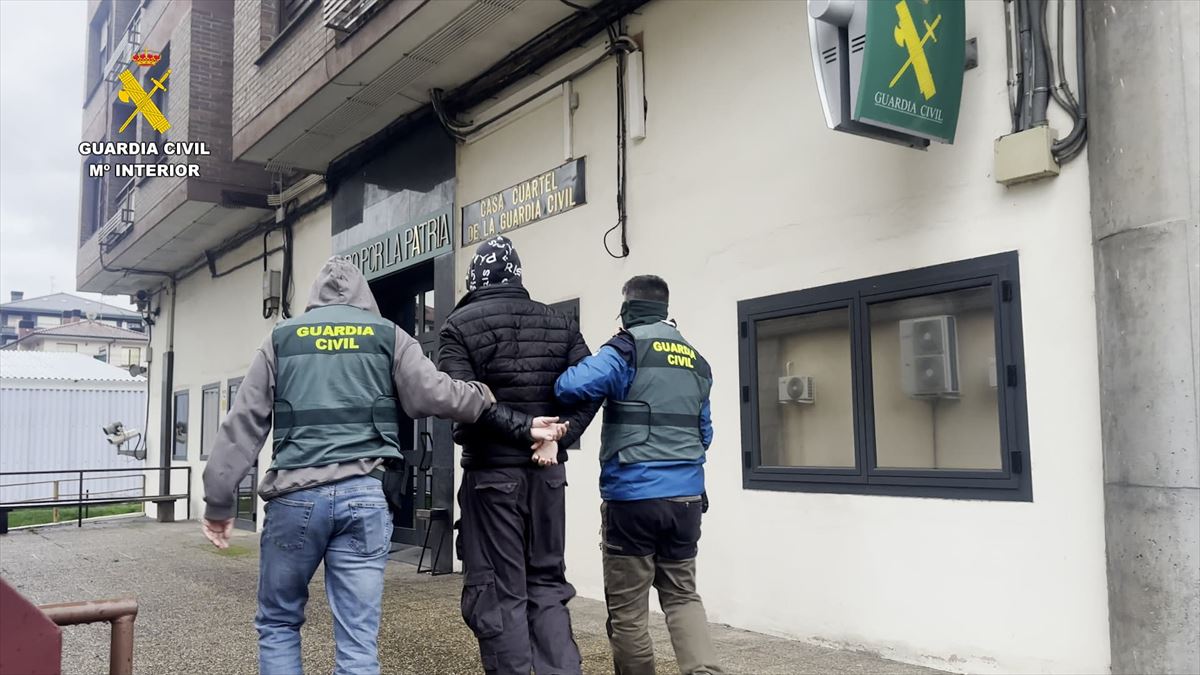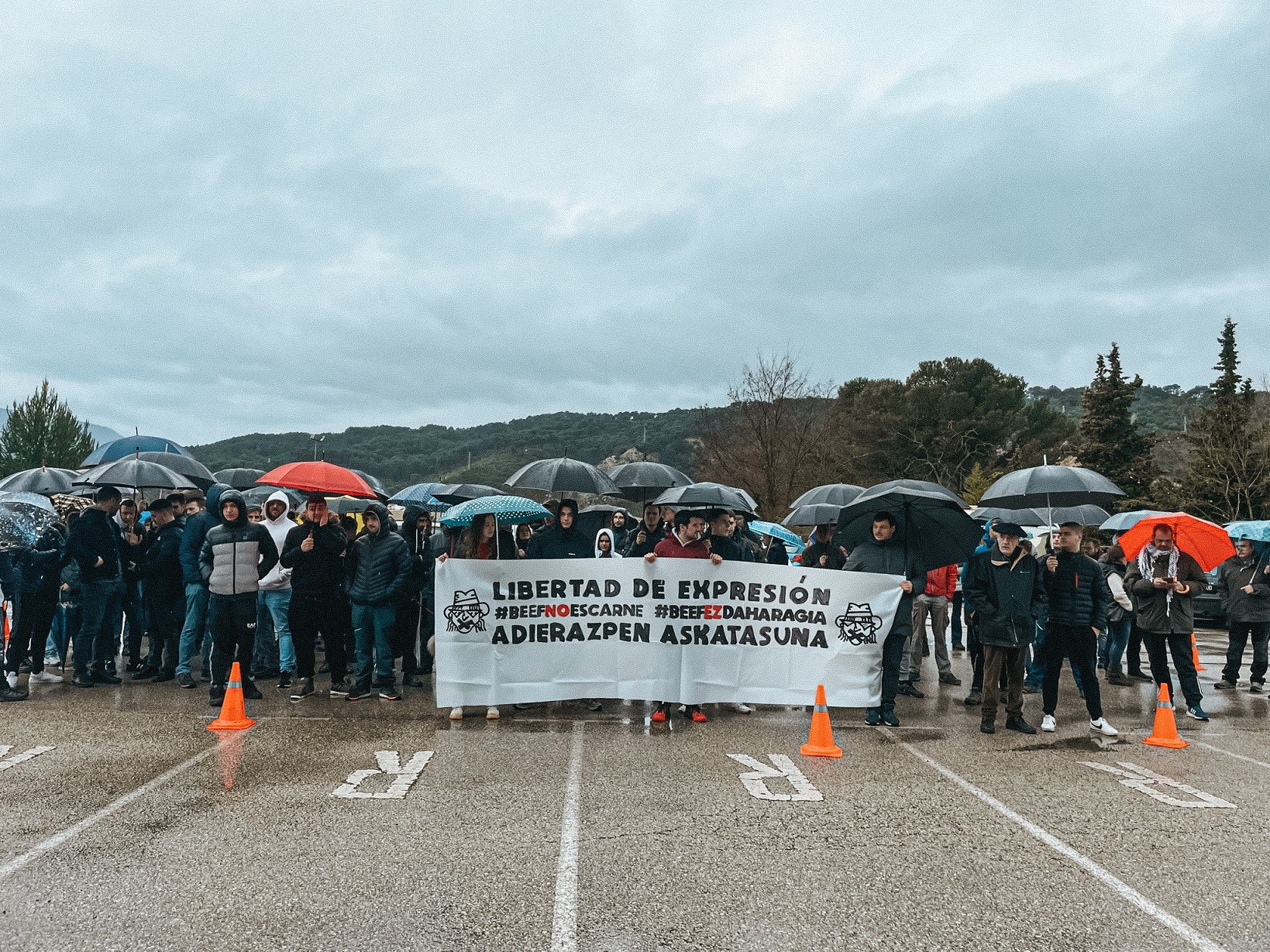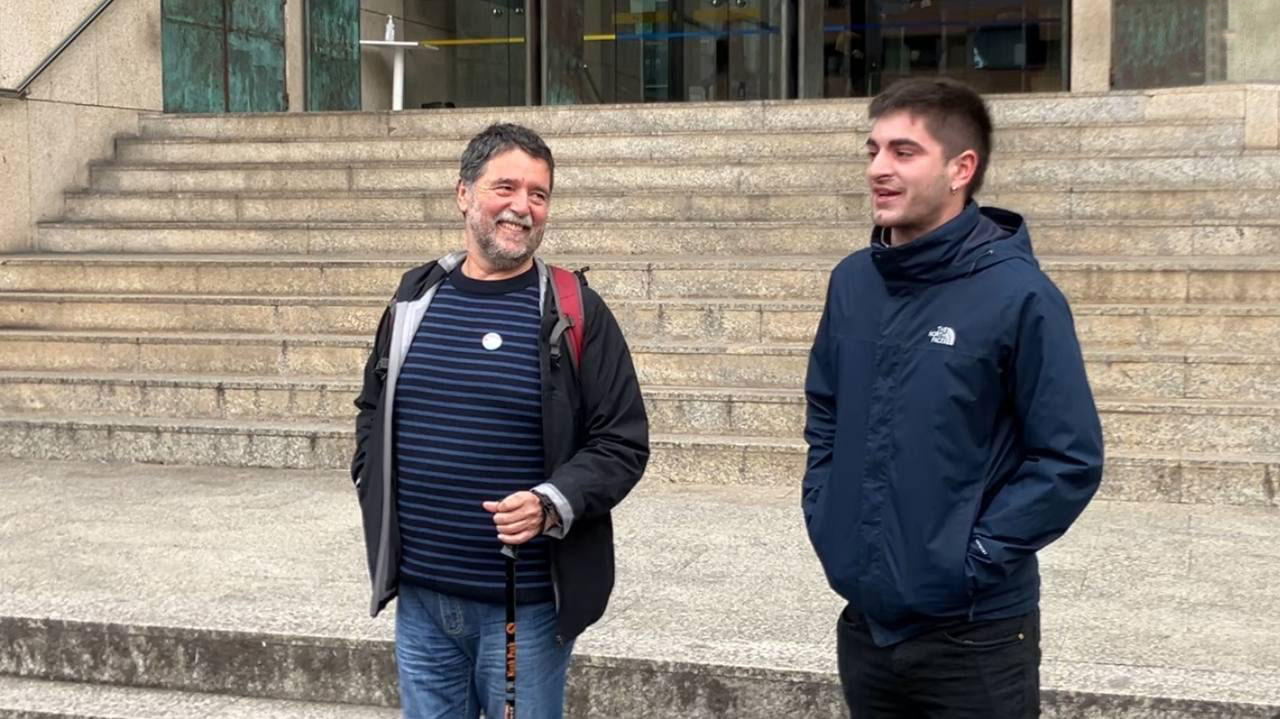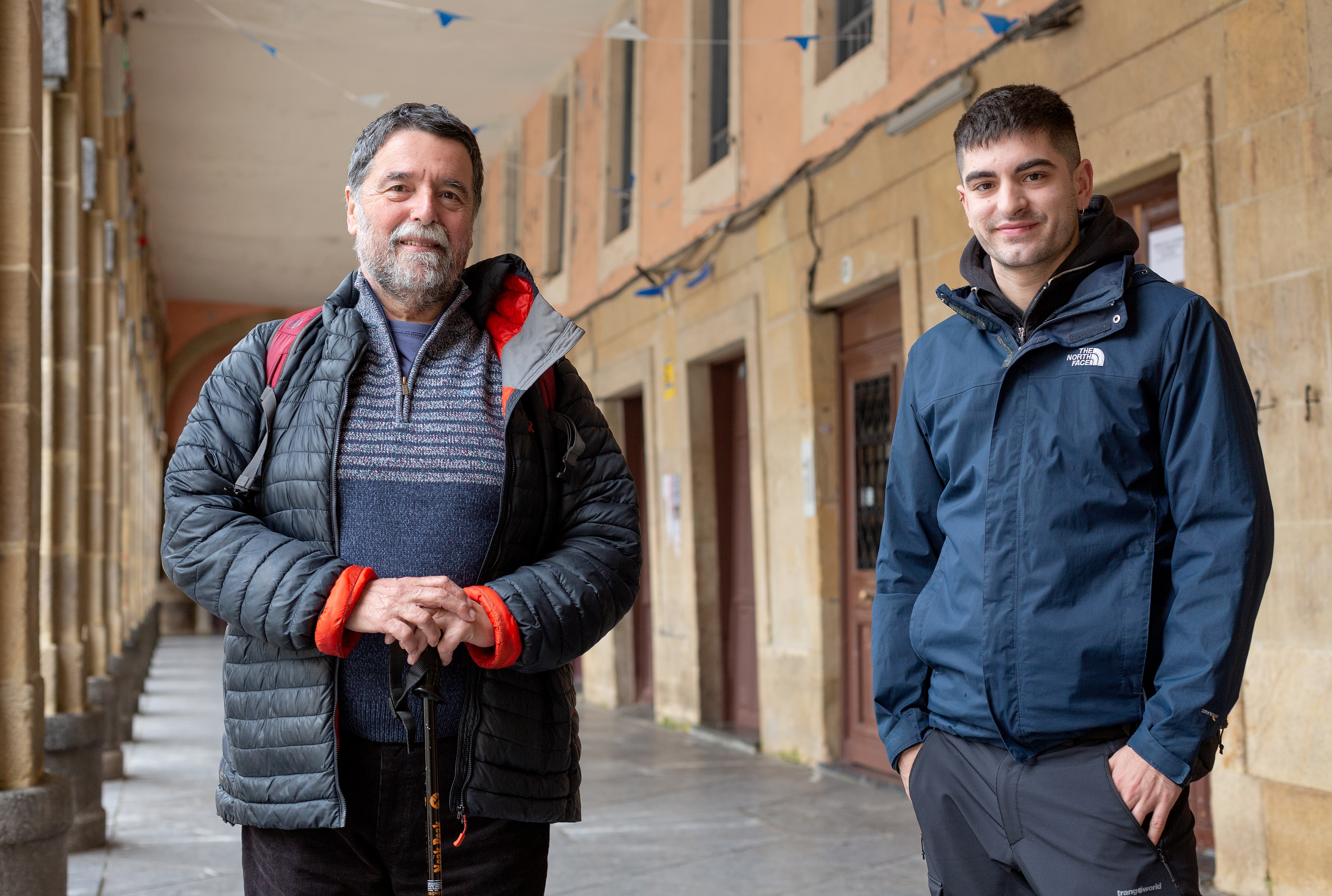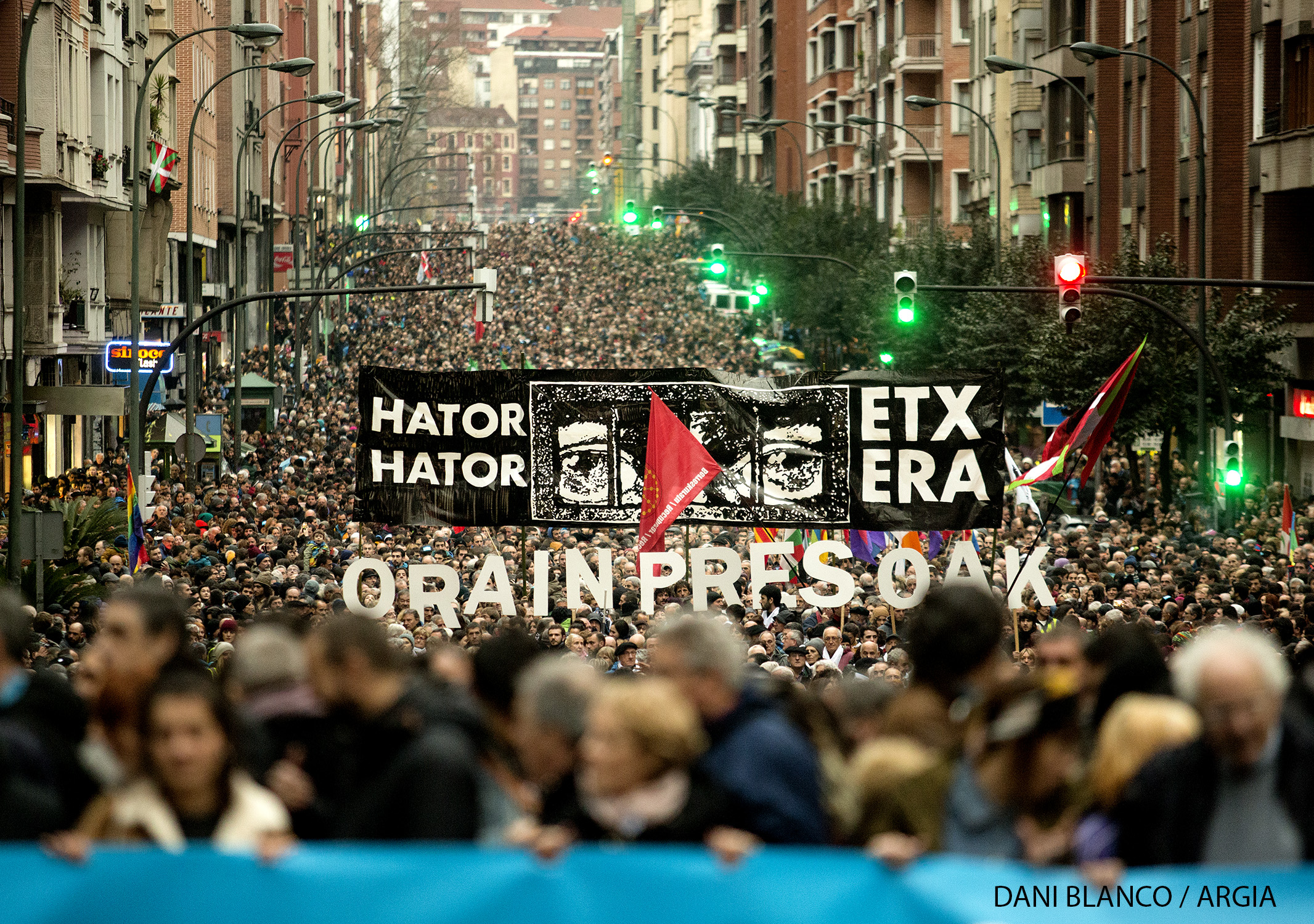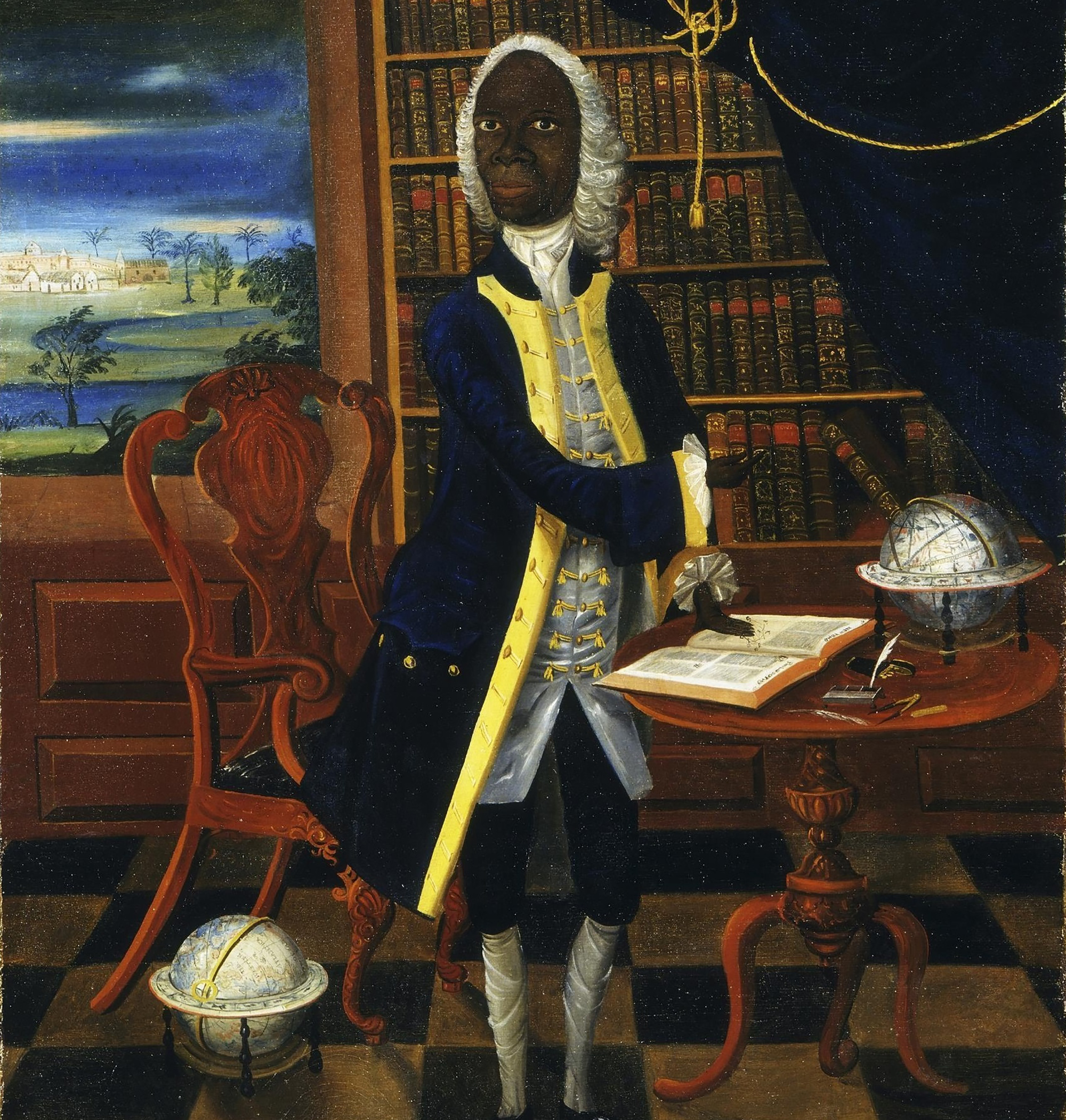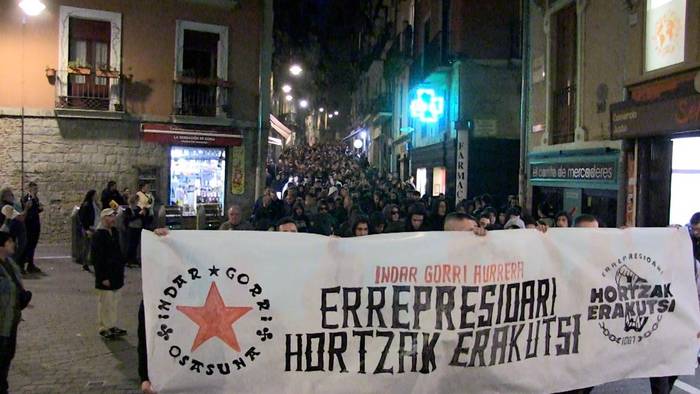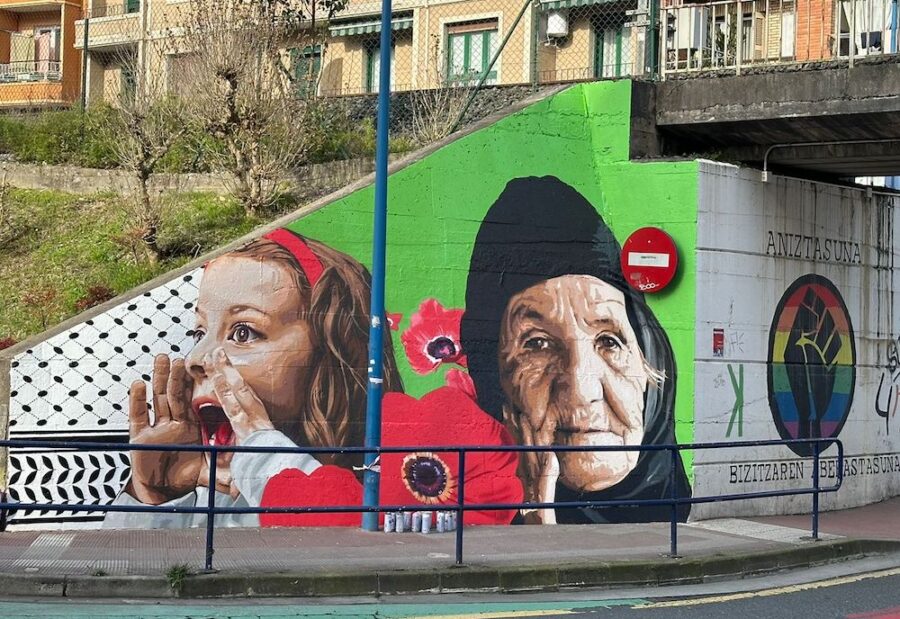The European Parliament approves a treaty to strengthen the entry of migrants
- The European Parliament has adopted a treaty establishing a stronger immigration policy in the European Union after eight years of negotiations. In this way, countries will be able to follow the ideas of the extreme right and use discriminatory rules to increase control and refuse the reception of migrants. After the Council of Europe procedure at the end of the month, the new legislation will enter into force in 2026.

Eight years of negotiation, but now there was a rush. Elections to the European Parliament will soon be held and there is a fear that the representation of the extreme right will rise. The Pact on Migration and Asylum received the support of the main parties, including the popular, the Social Democrats and the Liberals, on Wednesday in Strasbourg.
Despite being a restrictive regulation, most Socialists have also voted in favour, fearing that if the decision were to be delayed after the elections, the far right would block it forever and make other demands.
Controls for 6-year-olds
With the new legislation, it is approved that each country receives a maximum of 30,000 people, although asylum claims are around one million a year. Many other cases, such as those of thousands of migrants crossing or dying in the Mediterranean or the Atlantic, are not taken into account.
The process of admitting or rejecting asylum applications will be accelerated by increasing control via fingerprints, and from now on it will be possible for six-year-olds also to undergo biometric checks.
In addition, the procedure for admitting or refusing asylum applications will be speeded up, by increasing control via fingerprints, and it will be possible from now on for six-year-olds also to undergo biometric checks. On the other hand, legislation facilitates the temporary closure of borders if "instrumentalization" of migrant transit is observed.
Regulation therefore endorses many of the ideas of the extreme right under the pretext of "orderly" migration.
"This pact is a killer!"
There has been a long debate on Wednesday, because there have been many hours of negotiations in which some socialist and some popular parliamentarians have said that they were going to go back. The Greens and the representatives of the left voted against and accused the supporters of the legislation of aligning themselves with the far right: ‘voting against the pact would be to give a victory to the far right’, said Liberal MEP Fabienne Keller in presenting the paper.
The Greens and the representatives of the left have voted against and the advocates of the law have attributed them the alignment with the far right: "voting against the pact would be to give a victory to the far right"
At one point in the debate, a number of people have entered the public Chamber 'This pact is a murderer! Don't vote!" scream and throw papers. There have also been many protests from institutions abroad to denounce the restrictive nature of the treaty.
The pact has received many criticisms from many parties. Save the Children has said that it "significantly weakens" the protection of vulnerable children, and has recalled that many of them "flee from war and hunger." Over 160 human rights organizations issued a manifesto calling for the Covenant not to be adopted as it stands.
The regulation will now have to be adopted by the European Council at the end of each month and will enter into force in 2026.
This year marks the 51st anniversary of the United Nations proclamation of International Human Rights Day on 10 December. This date has become important in Euskal Herria and the Human Rights Observatory of Euskal Herria wants to offer some elements of reflection.
Progress on... [+]
Our rights, our future, now! Under the motto, the International Day of Human Rights commemorates the legacy of 76 years. The aim of the day is to promote the construction of a more peaceful, egalitarian and sustainable world. However, while progress is being made, we are faced... [+]
London 1928. At the Victoria and Albert Museum there was a very special painting: in the painting there is a black man, with wig and Levite, surrounded by books and scientific instruments. Thus it was catalogued in the Museum: “Unique satirical portrait representing a failed... [+]










